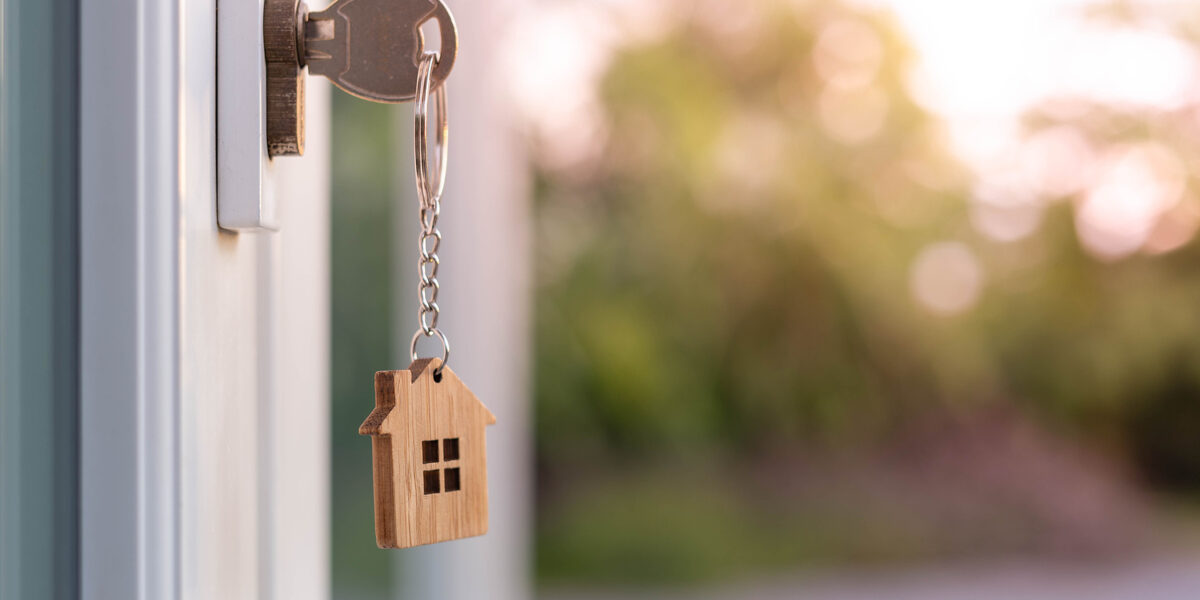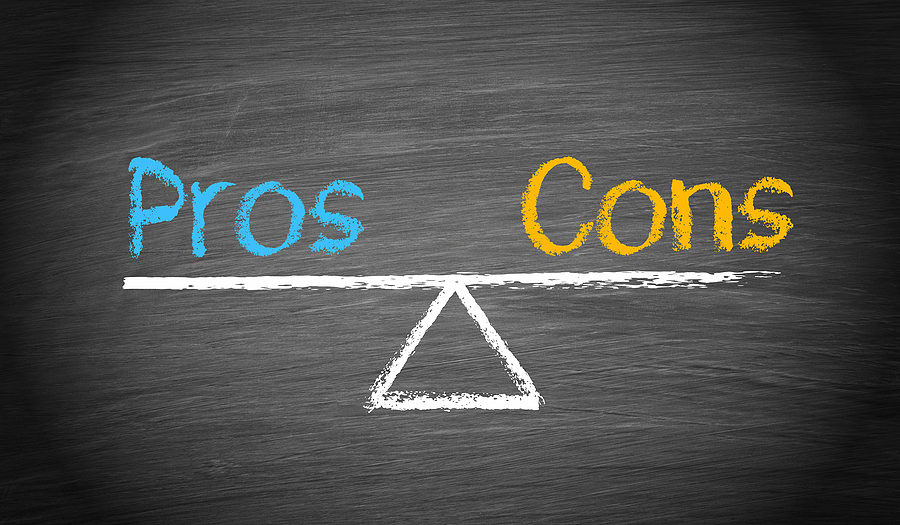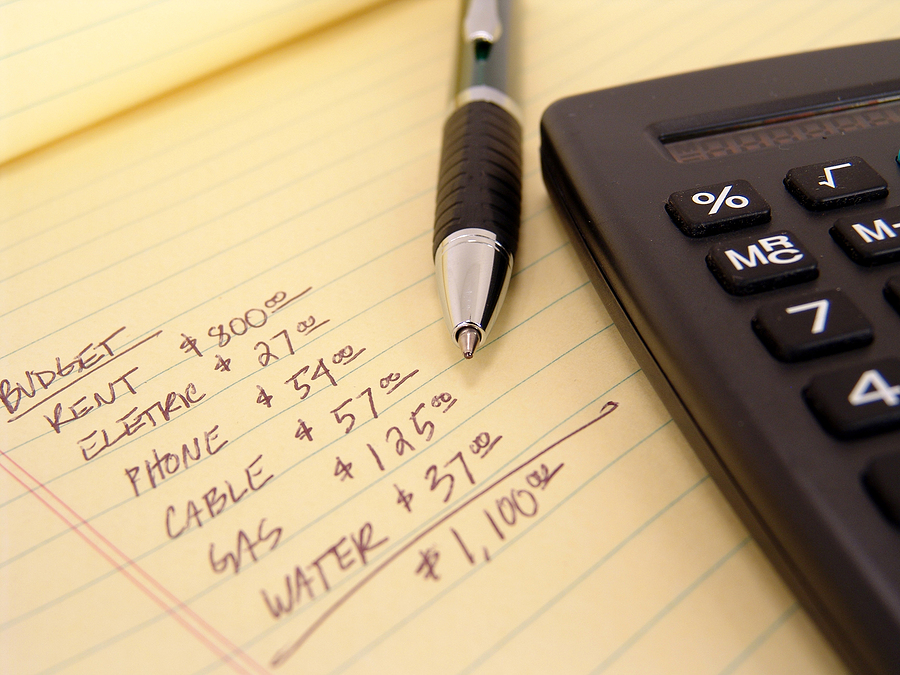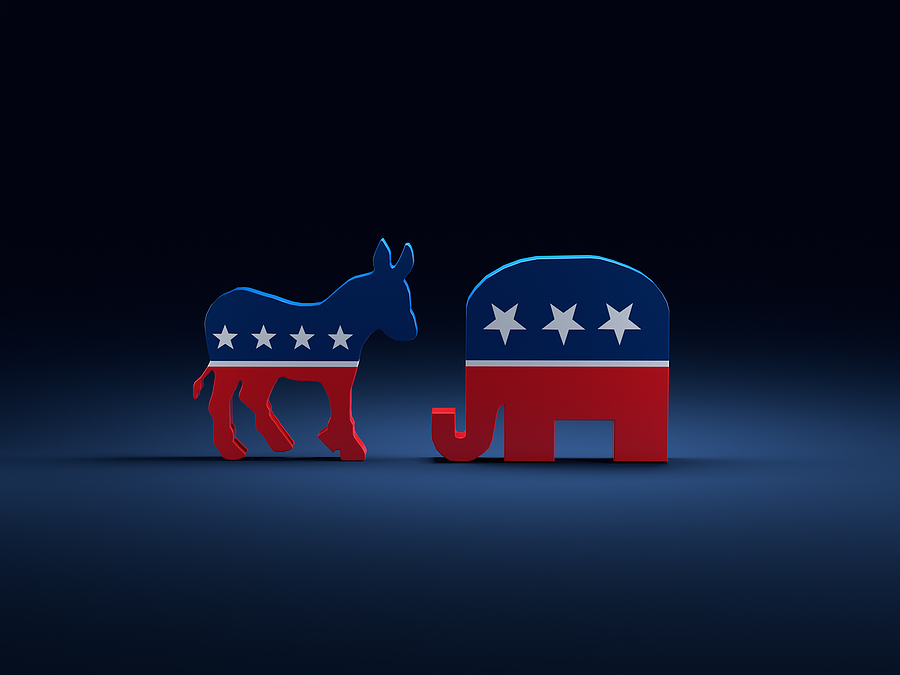The Real Costs of Buying a Home
The Real Costs of Buying a Home
When you’re ready to buy a house, it’s essential to consider the upfront costs and ongoing expenses outside of taxes, utilities, and home maintenance.
It’s critical to be prepared and save for these expenses since you will be responsible for paying them during the home-buying process. Here are some of the actual costs of buying a home:
Earnest money
Earnest money is paid to confirm a home purchase contract. Typically 1-3% of the purchase price secures the buyer’s right and protects them from the seller backing out of the agreement or selling it to another buyer. Earnest money is later used as part of the down payment.
Down payment
A down payment is generally required but can vary depending on your credit score and the type of loan:
- Conventional loans can allow down payments as low as 3% of the purchase price.
- FHA loans, which the Federal Housing Administration backs, can have down payments as low as 3.5% of the purchase price.
- VA loans, which the U.S. Department of Veterans Affairs guarantees, allow service members and veterans to get home loans with 0% down.
- USDA loans from the U.S. Department of Agriculture let buyers in rural areas pay as little as 0% down.
Source: How Much Money Do I Need to Put Down On a Mortgage? Investopedia.
Closing costs
Closing costs are lender and third-party fees. For example, realtor commissions, home inspections, appraisal fees, title search, and transfer fees, etc. You pay for these when you buy a home. These costs are generally 2% to 5% of the purchase price.
Private Mortgage Insurance (PMI)
If you make a down payment of less than 20% on a conventional loan, you’ll have to pay PMI. Wwhich can be up to 2% annually. These premiums protect the mortgage lender if you default on the loan. Once you pay down 20% of the loan amount, you may be able to cancel your PMI, but not always depending on your loan. You must understand how PMI may impact your situation.
Escrow Account
Your mortgage lender sets up an account to pay certain property-related expenses such as property tax. The money in the escrow account is a percentage from your monthly mortgage used to help cover high costs later versus having to pay a hefty fee at once.
Homeowners Association Fees (HOA)
If you’re buying a home in a homeowners association, you may have a monthly HOA fee on top of your mortgage payment. HOA fees pay for landscaping or painting, snow removal, lawn care, or big-ticket improvements such as roof repair or parking lot resurfacing.
SWG 2306340-0822b The sources used to prepare this material are believed to be true, accurate, and reliable, but are not guaranteed. This information is provided as general information and is not intended to be specific financial or tax guidance. When you access a link you are leaving our website and assume total responsibility for your use of the website you are linking to. We make no representation as to the completeness or accuracy of information provided at this website. Nor is the company liable for any direct or indirect technical or system issues or consequences arising from your access to or your use of third-party technologies, websites, information, and programs made available through this website.
In addition, Thomas Advisory Services specializes in providing strategies and guidance for those who are seeking a better lifestyle in retirement. If you have retirement savings of five million dollars or $50,000, we can ensure it works as hard. As a result, we offer our experience and knowledge to help you design a custom strategy for financial independence. Contact us today to schedule an introductory meeting!











